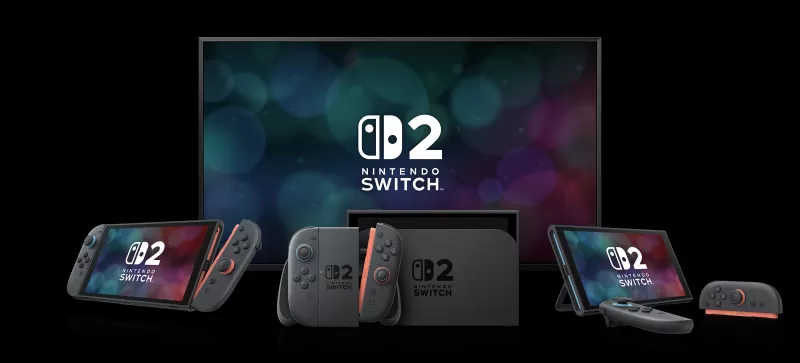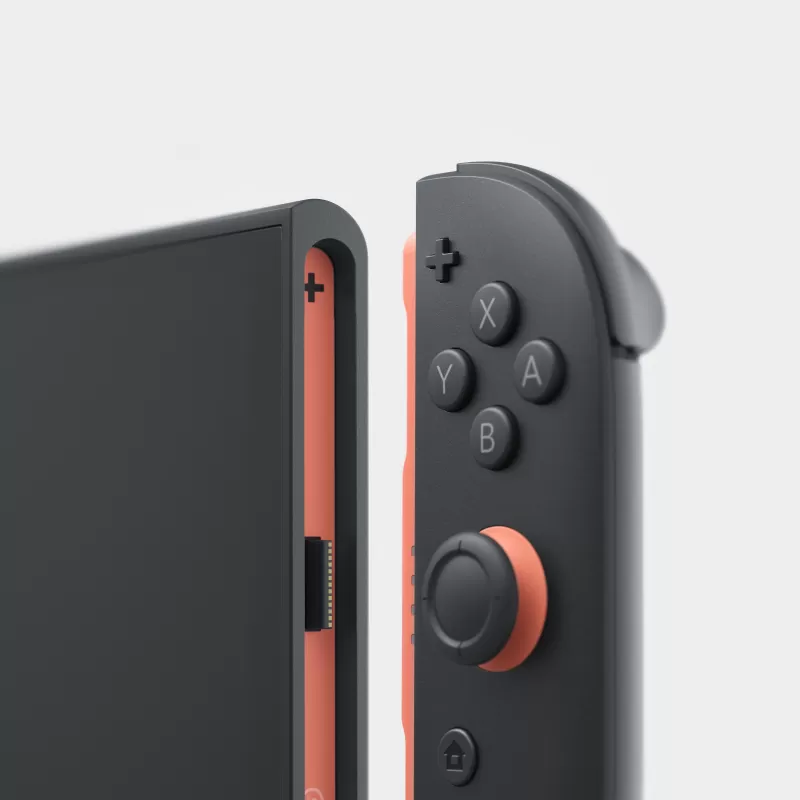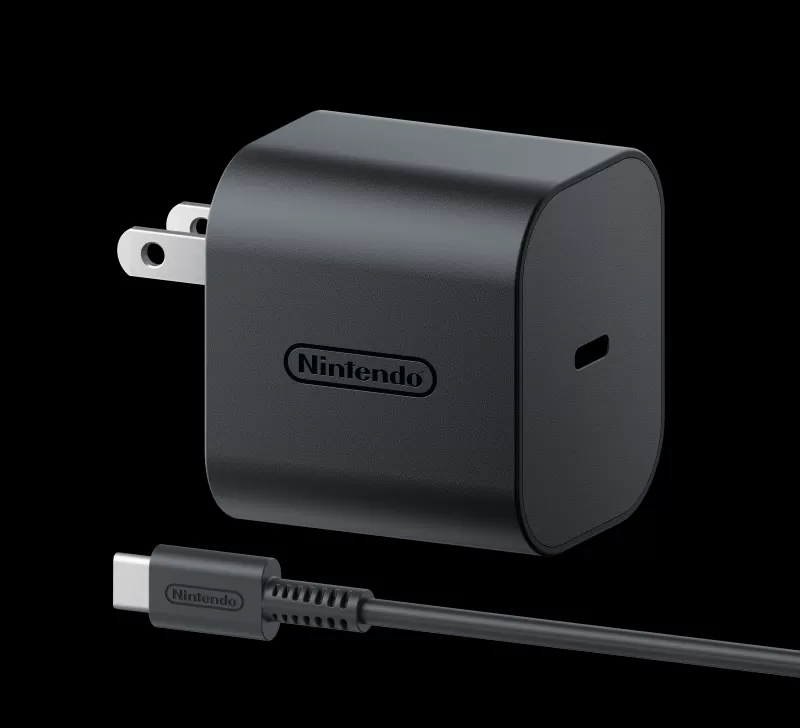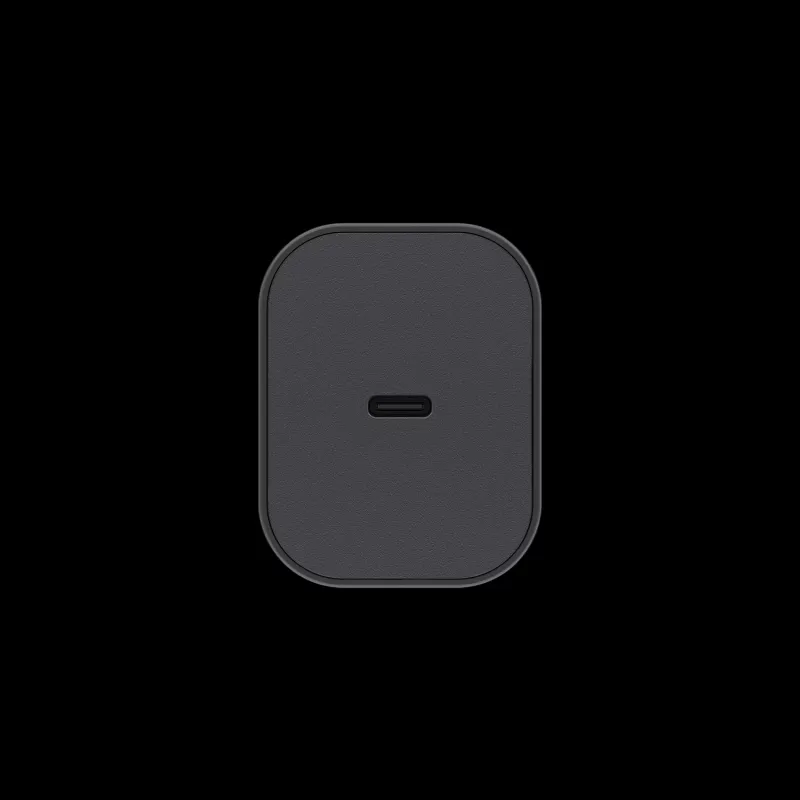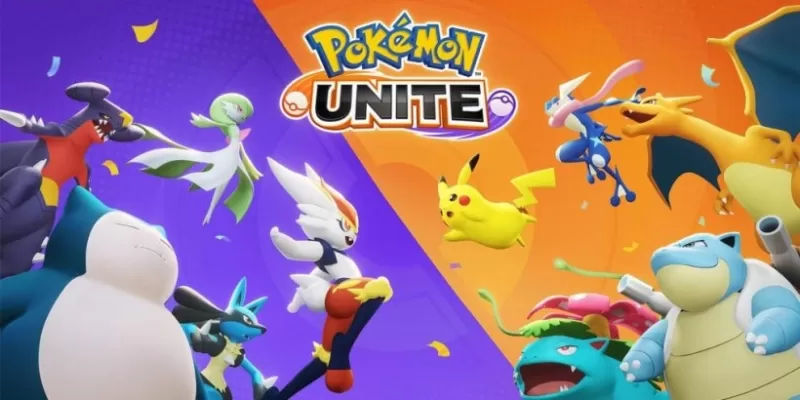This week has been a whirlwind for U.S. gamers, starting with the highly anticipated full reveal of the Nintendo Switch 2, which was quickly overshadowed by its $450 price tag and the $80 cost for Mario Kart Tour. The excitement turned to confusion and concern as Nintendo announced a delay in pre-orders due to the sudden imposition of sweeping tariffs by the Trump Administration on numerous countries worldwide.
We've covered the reasons behind the high cost of the Nintendo Switch 2 and the potential impact of these tariffs on the gaming industry elsewhere. However, the burning question on everyone's mind remains: what will Nintendo do next? Will the Nintendo Switch 2's price increase when pre-orders finally open?
Typically, to answer such questions about the future of video games, I consult a panel of expert industry analysts. While they can't predict the future with certainty, they usually provide a well-informed consensus based on data and evidence. I've done this twice already this week. However, this time, every analyst I spoke with was stumped, offering only cautious guesses about whether Nintendo would raise prices or not. They all emphasized the unprecedented nature of the current situation, noting its rapid development and unpredictability.
With that in mind, here's a summary of what the analysts I spoke with had to say:
Sky-High Switch
Opinions were divided. Dr. Serkan Toto, CEO of Kantan Games, initially thought it was too late for Nintendo to raise prices after the initial announcement. However, he now believes the delay in pre-orders might force Nintendo's hand. He predicts potential price hikes for the system, games, and accessories, suggesting the base model could reach $500 due to the "sky-high tariffs." Toto questioned Nintendo's timing in announcing prices before the tariffs were finalized.
Mat Piscatella, senior analyst at Circana, also anticipates that game prices, including those from Nintendo, will likely increase. He noted that the tariffs were much higher than anticipated, forcing all businesses reliant on international supply chains to reevaluate their U.S. consumer pricing. He highlighted the potential for the U.S. to join other regions with historically higher game prices due to these tariffs.
Manu Rosier, director of market analysis at Newzoo, predicts that hardware prices will rise, but believes software prices might be less affected due to the growing dominance of digital distribution. He suggests that if a substantial tariff is introduced, companies like Nintendo are unlikely to absorb the cost, passing it on to consumers instead.
Holding the Line
On the other hand, Joost van Dreunen, NYU Stern professor and author of SuperJoost Playlist, believes Nintendo will try to avoid a price increase. He argues that the $449.99 price point already accounts for potential tariff volatility, and that Nintendo has restructured its supply chain to mitigate geopolitical risks. However, he acknowledges the unpredictability of the tariffs, particularly those affecting Vietnam, might force Nintendo to reassess if the trade situation worsens.
Piers Harding-Rolls, games researcher at Ampere Analysis, agrees that Nintendo faces a dilemma, having already announced the launch price. He suggests that Nintendo might hold off on price changes until 2026, hoping for a resolution to the tariff issue. However, he notes that if prices do change, it could impact the brand and consumer perception at launch, potentially affecting broader consumer interest during the crucial first holiday season.
Living in Unhinged Times
Rhys Elliott, games analyst at Alinea Analytics, predicts higher prices for both Nintendo hardware and software due to the tariffs. He references his earlier comments on Nintendo's strategy of offering cheaper digital editions in certain markets, suggesting a similar approach might have been considered for the U.S. before the tariff situation escalated.
Elliott paints a grim picture of the broader impact of the tariffs on the gaming industry, aligning with warnings from the Entertainment Software Association. He notes that while some manufacturers, including Nintendo, are shifting production to non-tariff-impacted markets, the unpredictability and logistical challenges make it difficult. He criticizes the tariffs as harmful to consumers and the economy, contradicting claims of leading to a "stronger, richer nation."
Nintendo Switch 2 System and Accessories Gallery
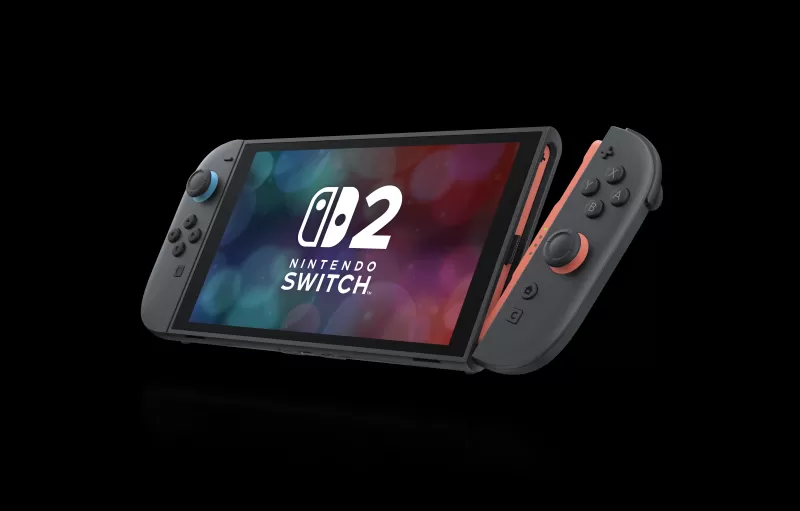
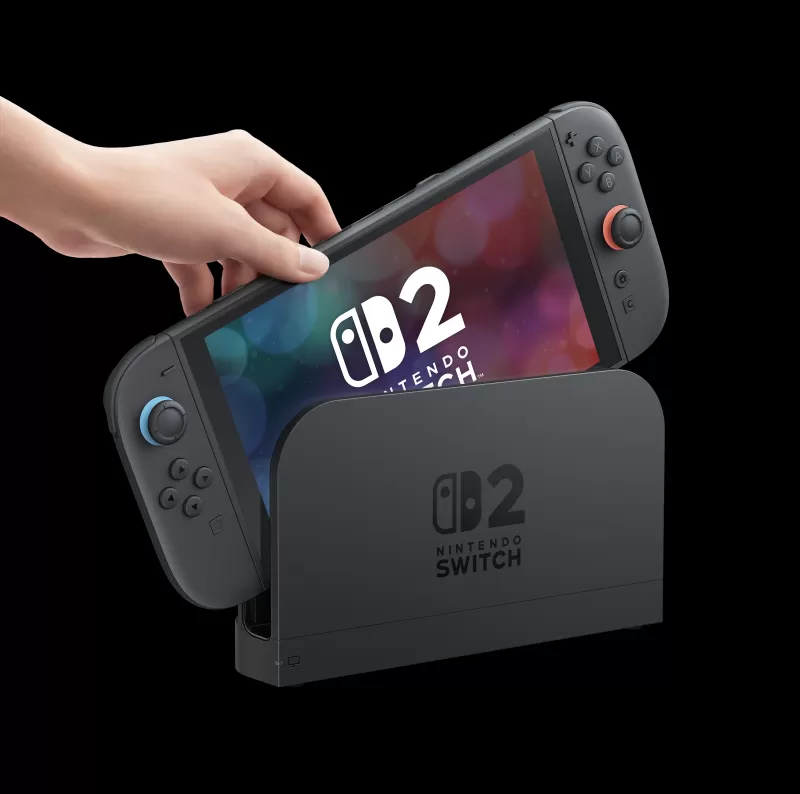 91 Images
91 Images
